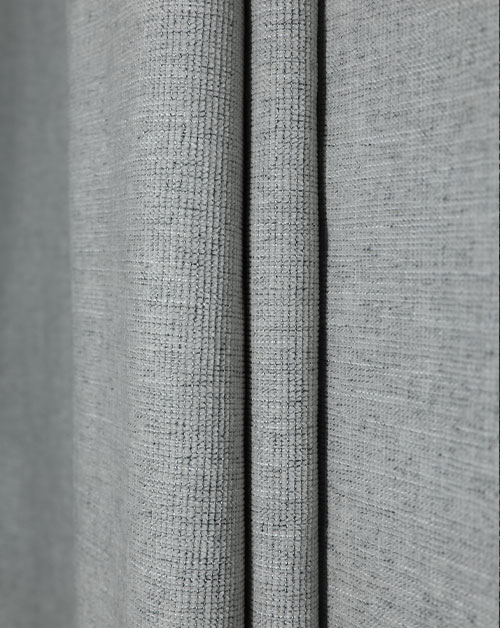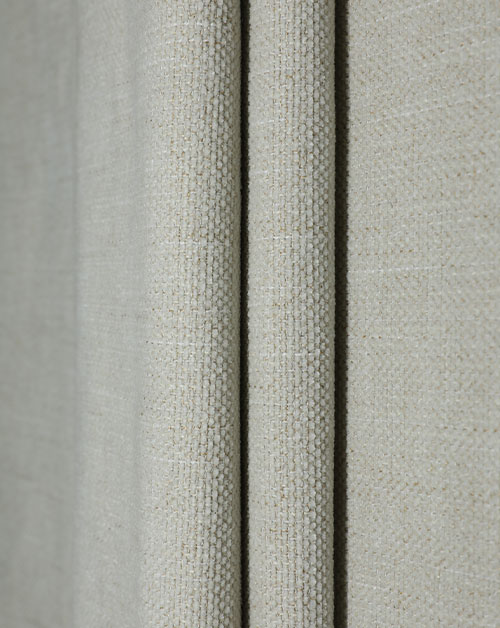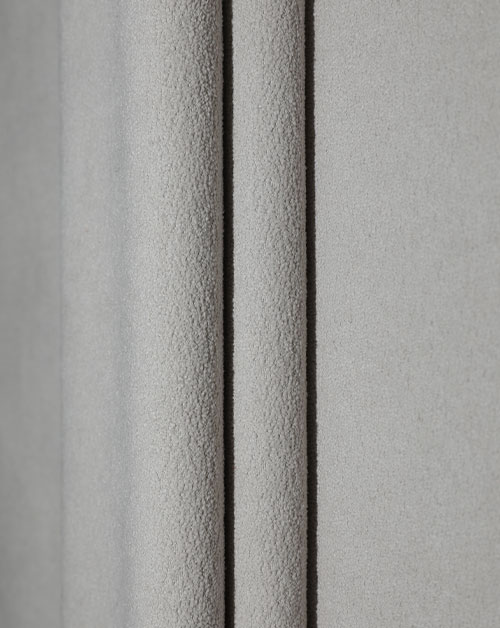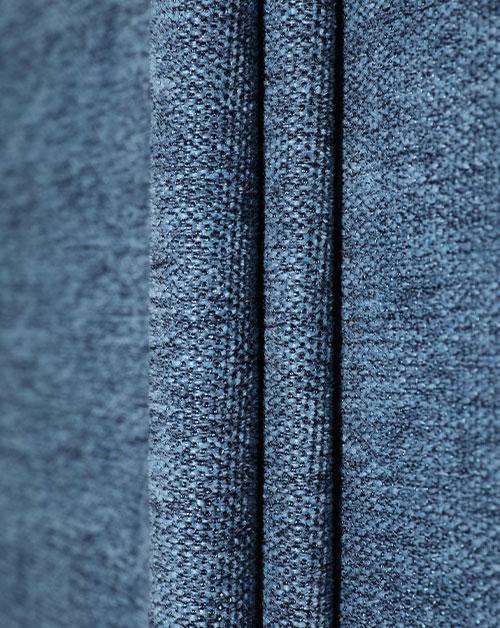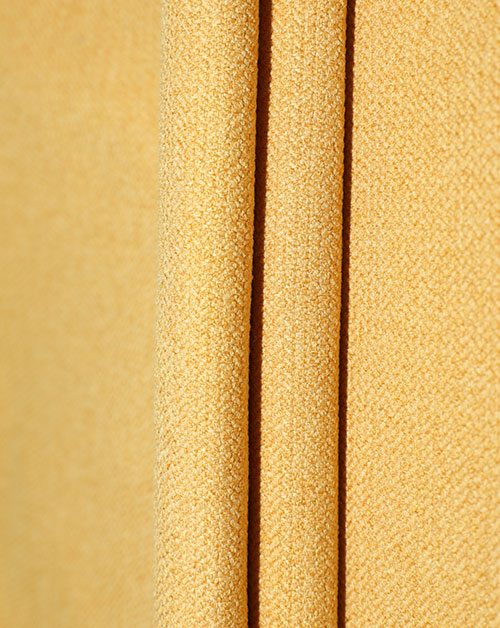Each type has its own advantages and uses, depending on its weight, texture, shading or exposure quality, durability, and resistance to sun fading.
The common curtain fabric types are cotton, silk, linen, polyester, velvet, acrylic, rayon, brocade, lace and voile, cut pile fabric.
Cut pile is also an alternative fabric. It has a good shading effect and heat insulation, so people who are looking for this effect can consider it.
cotton
Cotton is a versatile fabric used to achieve a variety of styles. It provides a refreshing, clean feeling suitable for traditional or modern styles. Since it can be a very light fabric, cotton curtains do need proper lining so that they can be hung and dropped as needed. If you want to block sunlight in a bright room, choose tightly woven cotton or well-lined cotton.
silk
If silk doesn't say "luxury", there is nothing. But please note that it is to choose silk because of its aesthetic appeal rather than functionality. Silk is a heavy fabric, so it has a good drape; it looks very romantic in a bedroom or formal dining room. But this is not the practical.
Silk can only be dry-cleaned and is easily damaged by the sun. If the room has a lot of natural light, you may need to use roller blinds underneath or use light-colored panels as a lining to protect them. You can choose a silk-looking polyester fabric to improve durability.
Polyester
This is a very common choice. Polyester is durable, affordable, easy to care for, and won't really wrinkle, stretch or shrink. Choose polyester fiber for the bedroom and living area, but avoid using it in the kitchen because it is flammable, is not good for air circulation, and absorbs odors.
Linen
Flax is a natural fiber. Its turbulent appearance creates an airy, casual, and relaxing environment. If you like the look of curtains hanging down on the floor, linen is an choice to achieve this goal. Linen does not block the sun, and like silk, it can only be dry-cleaned.
Velvet
Made of natural or synthetic fibers, if you want to add charm and richness to the room, please choose velvet. It is thick and heavy, making it ideal for blocking cold air, light, and sound. It has a good drape and makes the room look magnificent.
Acrylic fiber
The acrylic fabric has a similar texture to wool. It is a lightweight fabric with exquisite drapes and thermal insulation. Acrylic curtains can attract and disperse water effortlessly. They are hypoallergenic and resistant to mold and mildew.
Rayon
Rayon can be woven with natural fibers to obtain various textures. It is soft, strong, and breathable.
brocade
This is a carefully woven fabric that can be used to create delicate shades.
Lace
Lace curtains are very traditional and romantic and are used to provide privacy and diffuse natural light. In cases, they use neutral tones, which can easily harmonize with other colors in the room. Check if they can only be dry cleaned, or if they are stronger and machine washable.
chiffon
Voile is a refreshing open woven fabric, which is suitable for making tulle. It cleverly gathers and hangs, creating a light and airy atmosphere while maintaining a high degree of privacy.
More about our transparent curtain series
If this seems a bit overwhelming now, don't worry. Our home-style consultants are very knowledgeable about different types of fabrics and can help you make the decision to achieve style and function in different rooms of your home.
Put the fabric sample on the window and see how it filters the light.
If the sample is large enough, pleated the top to see how it dangles. Consider the atmosphere of the room; is it formal, casual, comfortable, and quiet? This will affect the type of fabric you choose. After determining the fabric type, you can now choose the color and pattern. Maybe choose a darker color in a high-traffic area so that it does not become too dirty.
A well-lit room may require lighter colors because darker colors will fade. Plain fabrics can be decorated with decorative rods. And consider pattern repetition; if you choose a large pattern, make sure it is used for large windows for good results.
The above are suggestions for purchasing curtain fabrics. If you have other suggestions about curtains, you can contact the curtain fabric manufacturer.

 English
English 中文简体
中文简体 русский
русский عربى
عربى

